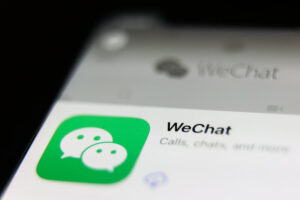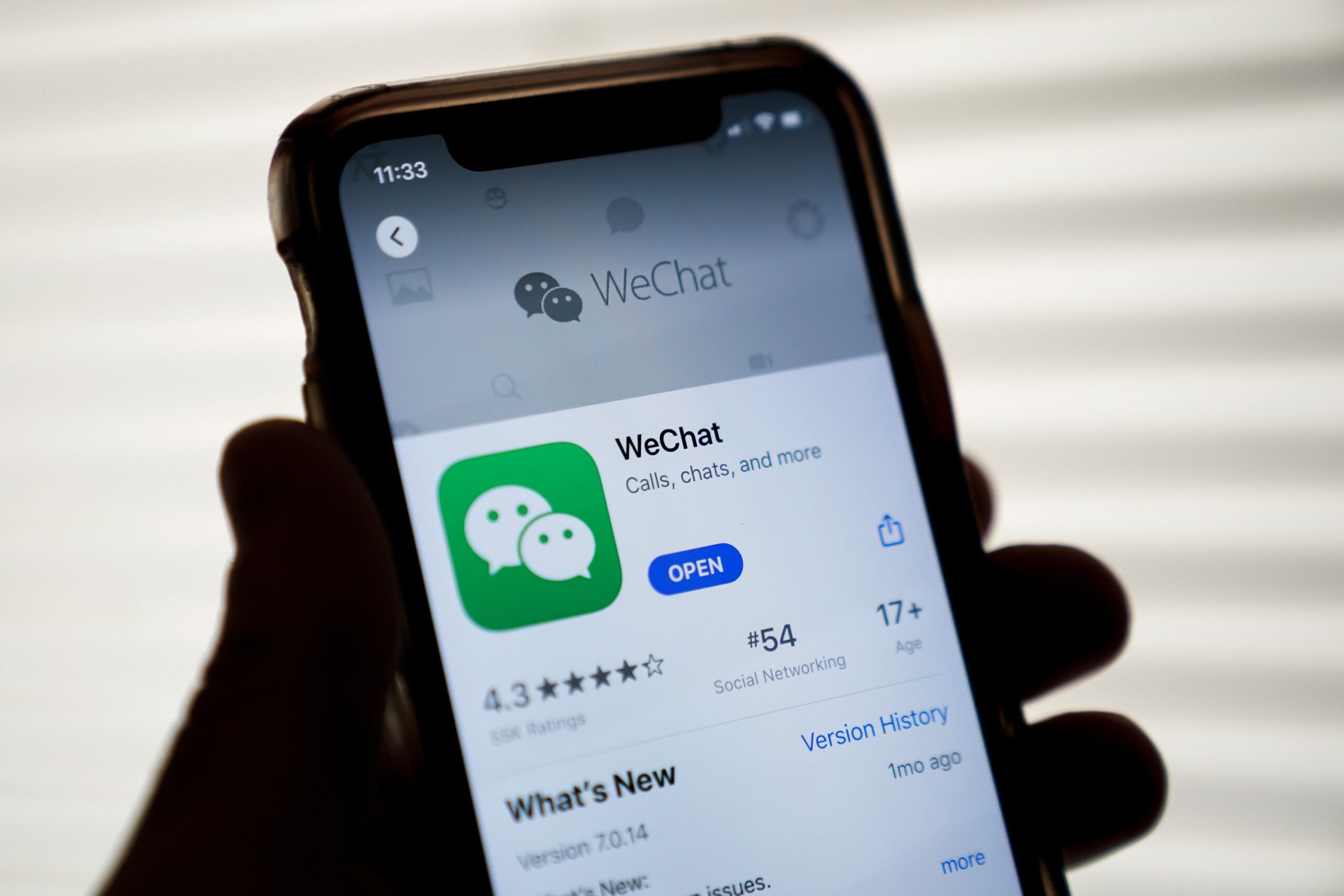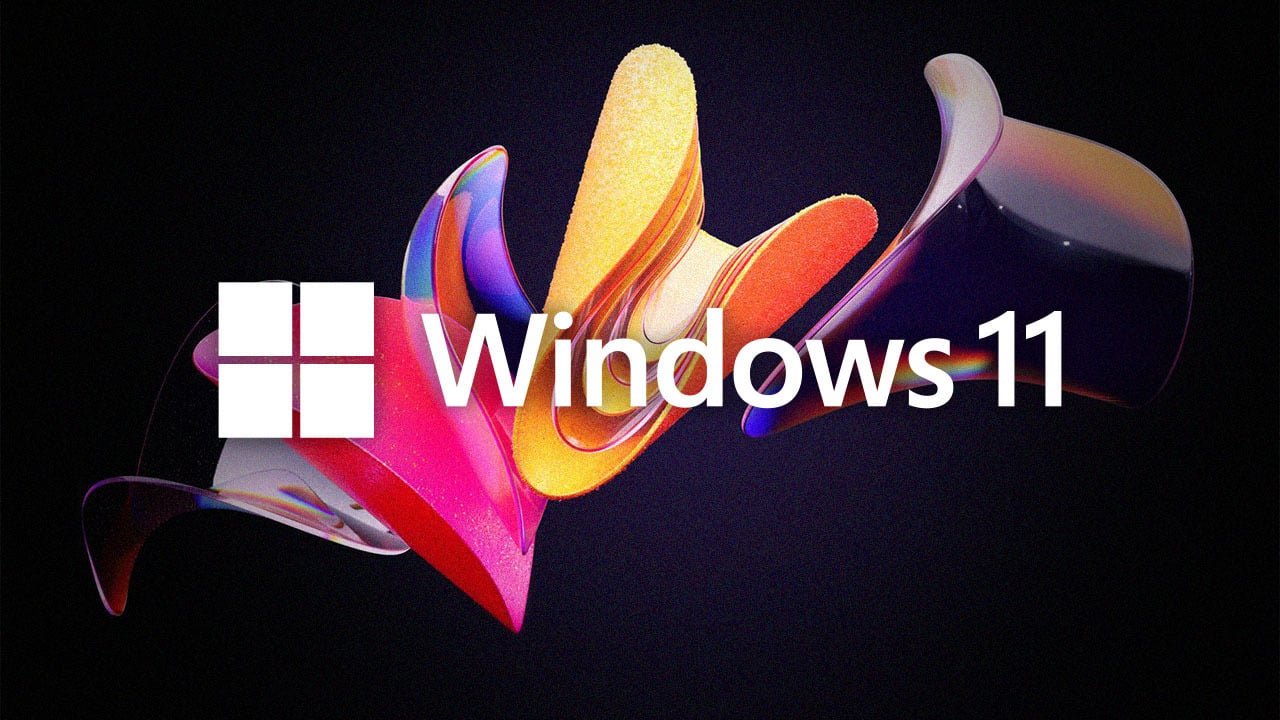Canada Bans WeChat. Canada has taken a firm stance against potential cybersecurity threats by banning the use of the Chinese super-app WeChat on official government devices. The ban, which went into effect immediately, has been imposed due to privacy and security concerns, as determined by Canada’s chief information officer. It follows a similar ban earlier this year on the short-form video app TikTok.

Unacceptable Security Risks
The Treasury Board of Canada, responsible for overseeing public administration, issued a statement explaining that both WeChat and Kaspersky Lab applications, the latter being a Russian maker of antivirus programs, presented an “unacceptable level of risk to privacy and security.”
They noted that on mobile devices, these applications had significant access to the contents of the device. However, they also emphasized that there was no evidence of government information being compromised.
As a result of this ban, users of Canadian government cellphones will have these apps removed, and future downloads will be restricted. Tencent, the owner of WeChat, and Kaspersky Lab for their responses.
WeChat: The Super-App
WeChat, often described as an all-in-one platform encompassing aspects of Facebook, Twitter, Snapchat, and PayPal, is among the world’s most popular apps. With over 1 billion users, primarily in mainland China, it serves as a versatile social network enabling users to perform various activities such as ordering groceries, booking yoga classes, and making payments, all within the app.
Prior TikTok Ban and Security Concerns
Canada had earlier imposed a ban on TikTok in February, which is owned by Beijing-based ByteDance, citing concerns related to cybersecurity. This decision was based on apprehensions voiced by US and allied officials that TikTok or ByteDance might be compelled by the Chinese government to provide user data.
Allegations had arisen in May, during a wrongful termination case in California, wherein a former ByteDance employee, Yintao Yu, claimed that the Chinese Communist Party had previously accessed the data of TikTok users for political purposes on a large scale. However, TikTok has refuted these allegations.
Conclusion
WeChat, compared to TikTok, has faced relatively less global scrutiny over the past year, largely due to its dominance among Chinese speakers.
In August 2020, then-US President Donald Trump attempted to ban both WeChat and TikTok by issuing executive orders. However, these orders were later blocked by an injunction, and President Joe Biden eventually revoked the Trump-era executive orders.



